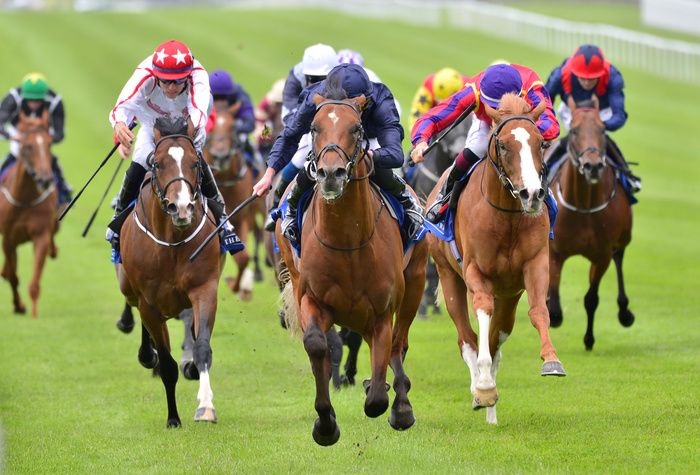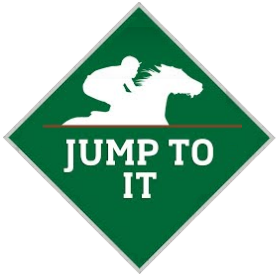Less highly rated two-year-olds causing some unease
 City Of Troy is rated 125
City Of Troy is rated 125
© Photo Healy Racing
Mark Bird, the Irish Horseracing Regulatory Board’s handicapper, has spoken of a “slightly worrying trend” as the number of horses to make the juvenile classifications dropped to a new low in 2023.
Horse have to achieve a mark of at least 110 to feature on the coveted list, which was this year dominated by the 125-rated City Of Troy.
While Bird lauded the champion, he believes the fact that only 36 contenders made the cut last term is a concern, with the number of British and French-trained runners both taking a notable dip.
He said: “We have 36 horses in the classification this year, 27 colts and nine fillies. That is the lowest total there’s ever been in terms of the international classifications for two-year-olds since it began in 1978. Our previous low was 40.
“Looking at the trends going back over the years, the average even starting this century back in 2000, was about 48 and we’re down this year, so that’s a 25 per cent drop. That begs the question are the horses still around, are they not being campaigned and what is the reason behind that.
“The decline has been marked and notable, particularly in the last decade when the numbers have slipped. That’s something we noticed, certainly in the last number of years and particularly this year where it is a record low.
“In terms of identifying where the fall off has been, I think the number of Irish-trained two-year-olds largely thanks to Ballydoyle has remained relatively stable. There has been a drop off, certainly over the last 20 years in France, and more recently there has been quite a drop off in British-trained two-year-olds.”
Seeking to explain the trend, Bird highlighted the lacklustre campaign endured by Charlie Appleby’s team, with the Godolphin trainer usually a powerhouse in the division, but also highlighted the commercial opportunities for a well-regarded maiden winner on the international market.
He added: “Obviously we have a lack of Godolphin-owned horses on the classification this year, John and Thady Gosden have two horses on it but there are gaps this year that might perhaps explain why it’s so low, but in overall terms I suppose it’s a slightly worrying trend.
“We have a high-class champion this year and there are a number of good horses, particularly in terms of Ballydoyle, but the overall landscape may give some cause for concern given the low numbers.
“This century the average number of French runners to now has been about seven and it’s down to four this year, the average of British-trained runners in the classification is 24 down to 17 this year, the average Irish representation since 2000 has been about 15 and it’s 15 this year, so certainly a fall in terms of numbers in France and Britain.
“I think what is essentially keeping Ireland afloat is Coolmore and their strong representation.
“It does bring up the issue of whether the two-year-olds are there, are they not being campaigned or are they being sold to the Middle East or Hong Kong. Domestically, a maiden winner in Ireland, almost immediately you get a call asking what it’s going to be rated because somebody wants to sell it or buy it.
“Over the course of the last 20 years I think that does have an impact in terms of the number of horses we have in this classification and it’s just the reality of life really.”
Graeme Smith, the British Horseracing Authority’s handicapping team leader, is inclined to think the contraction of British-trained stars is a “blip”, pointing to wide-margin big-race winners having an impact.
He said: “I do wonder if this year is a blip for Britain because the last few years we have had 21, 26 and 25, it’s just 17 this year. The obvious absence of Godolphin two-year-olds, I think Charlie Appleby has got one on the list in Ancient Wisdom, there’s got to be a lot of talent bubbling under in that stable and the same with John and Thady Gosden.
“We have had some wide-margin winners of some of our biggest races which enables us to rate the winners high, but the placed horses, it’s difficult to get a big rating on them when they have been beaten so far.
“We have also had a lot of races with really condensed finishes as well and when you start putting elevated figures on the winner and the second, all of sudden you have the seventh and eighth rated 110 which is unrealistic.”

 Watch
Watch









